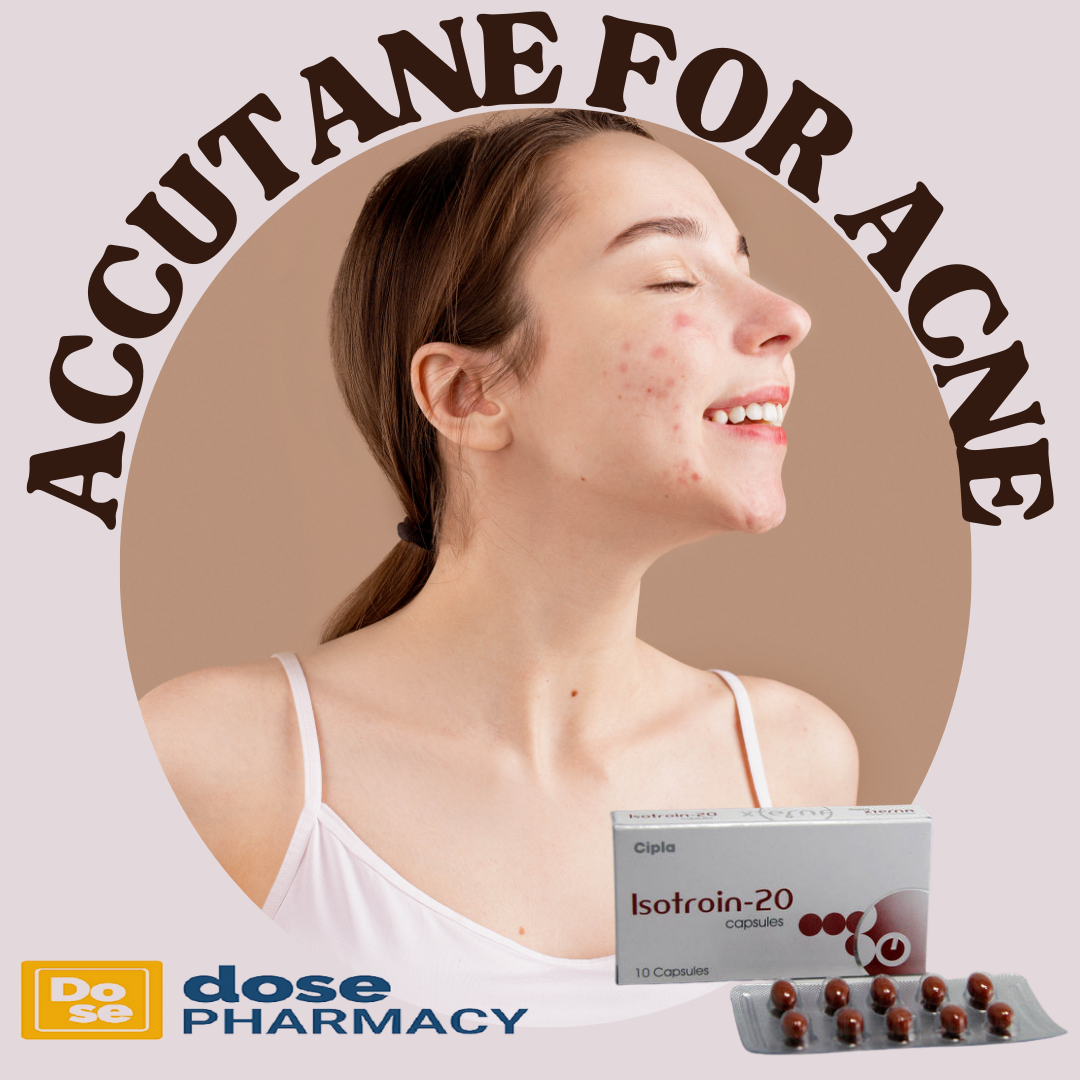Acne is a common skin condition that affects millions of people worldwide, often causing distress and impacting self-esteem. While it’s not a serious health threat, severe cases can lead to scarring and psychological issues. Fortunately, there are numerous treatments available, ranging from over-the-counter remedies to prescription medications and professional procedures. In this article, we’ll explore some of the best treatments for acne across different categories, considering their effectiveness, safety, and suitability for various skin types.
Over-the-Counter Treatments
- Benzoyl Peroxide: This ingredient targets acne-causing bacteria and helps unclog pores. It’s available in various strengths (2.5% to 10%) and formulations (creams, gels, washes). Start with a lower concentration to minimize irritation.
- Salicylic Acid: Ideal for treating blackheads and whiteheads, salicylic acid exfoliates the skin and unclogs pores. It’s available in cleansers, spot treatments, and pads.
- Sulfur: Sulfur reduces oiliness and helps break down whiteheads and blackheads. It’s commonly found in masks, spot treatments, and cleansers. Buy Isotretinoin Online to remove acne permanently.
- Retinoids: Over-the-counter retinoids like adapalene can help unclog pores, reduce inflammation, and promote skin cell turnover. They’re available in gel or cream formulations.
- Tea Tree Oil: A natural antibacterial and anti-inflammatory agent, tea tree oil can be diluted and applied topically to affected areas.
Prescription Medications
- Topical Retinoids: Stronger retinoids like tretinoin and tazarotene are available by prescription. They’re more potent in treating acne but can also cause more irritation initially.
- Topical Antibiotics: Antibiotics like clindamycin and erythromycin are often prescribed to reduce acne-causing bacteria and inflammation. They’re typically used in combination with other treatments to prevent antibiotic resistance.
- Oral Antibiotics: For moderate to severe acne, oral antibiotics like doxycycline, minocycline, and tetracycline may be prescribed to reduce bacteria and inflammation. They’re usually used for short periods to avoid resistance.
- Combined Oral Contraceptives: Hormonal acne in females may benefit from combined oral contraceptives containing estrogen and progestin, which regulate hormone levels and reduce acne.
- Isotretinoin (Accutane For Acne): Reserved for severe, persistent acne, isotretinoin is a potent oral medication that reduces oil production, prevents clogged pores, and has long-lasting effects. However, it comes with significant side effects and requires close monitoring.
Professional Procedures
- Chemical Peels: A dermatologist can perform chemical peels using alpha hydroxy acids (AHAs) or beta hydroxy acids (BHAs) to exfoliate the skin, unclog pores, and reduce acne.
- Microdermabrasion: This procedure involves exfoliating the skin’s outer layer to improve texture and unclog pores, often used alongside other acne treatments.
- Laser and Light Therapies: Various laser and light therapies, such as blue light therapy, target acne-causing bacteria or reduce oil production, promoting clearer skin.
- Extraction: Dermatologists can perform professional extractions to remove stubborn blackheads and whiteheads safely, reducing the risk of scarring.
- Corticosteroid Injections: For large, painful acne cysts, corticosteroid injections can reduce inflammation and speed up healing.
Lifestyle and Home Remedies
- Gentle Cleansing: Use a mild, non-comedogenic cleanser twice daily to remove excess oil and dirt without stripping the skin.
- Non-comedogenic Products: Choose skincare and makeup products labeled non-comedogenic, meaning they won’t clog pores.
- Avoiding Irritants: Minimize exposure to harsh chemicals, excessive sun exposure, and irritating fabrics or ingredients that can aggravate acne.
- Healthy Diet: While diet alone isn’t a primary cause of acne, a balanced diet rich in fruits, vegetables, whole grains, and lean proteins can support overall skin health.
- Stress Management: Stress can exacerbate acne, so practicing relaxation techniques like yoga, meditation, or deep breathing may help.
Considerations and Consultation
Before starting any acne treatment, consider the following:
- Skin Type: Different treatments work better for oily, dry, or combination skin types. Choose products and procedures accordingly.
- Severity: Mild acne may respond well to over-the-counter treatments, while severe or persistent acne may require prescription medications or professional interventions.
- Sensitivity: Some individuals have sensitive skin prone to irritation. Start with low concentrations and patch-test new products to avoid adverse reactions.
- Consistency: Most acne treatments require consistent use over weeks to months for noticeable results. Follow the recommended regimen consistently for the best outcomes.
- Consultation: If over-the-counter treatments aren’t effective or if acne is severe, consult a dermatologist. They can assess your skin, recommend suitable treatments, and monitor your progress.
In conclusion, the best acne treatments vary depending on factors such as skin type, severity, and individual response. Over-the-counter options like benzoyl peroxide and salicylic acid are effective for mild acne, while prescription medications and professional procedures offer more intensive solutions for moderate to severe cases. Lifestyle habits and home remedies complement these treatments, promoting overall skin health and reducing acne recurrence. Consulting with a dermatologist ensures personalized recommendations and optimal outcomes in managing acne effectively.

